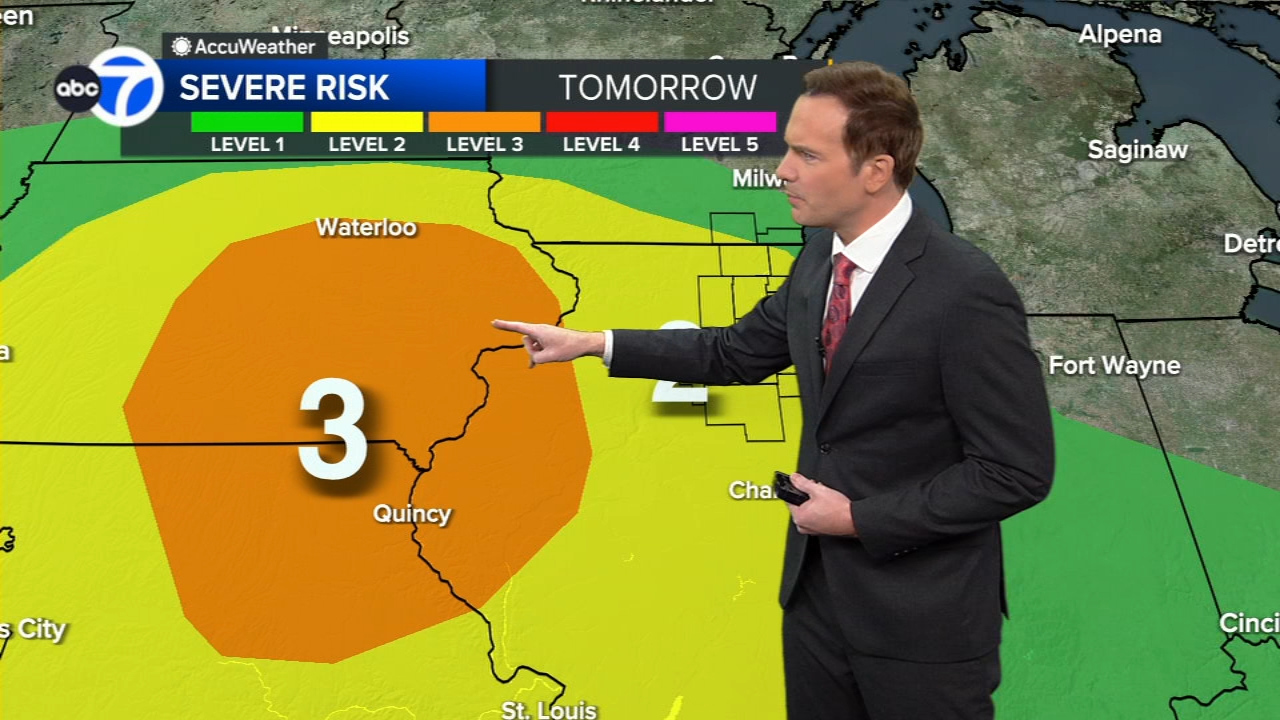Trump administration issues final rule banning bump stocks

On Tuesday, 443 days since the deadliest mass shooting in U.S. history was carried out at a Las Vegas music festival with the use of rifles equipped with "bump stock" devices that allowed the weapons to essentially operate as an automatic weapon, the Trump administration made good on President Donald Trump's promise to ban the devices.
The Justice Department has issued a final rule banning bump stocks, amending current regulations surrounding the devices and making clear that guns with "bump stock devices" are effectively machine guns.
"The president is once given fulfilling a promise to the American people and this morning the acting attorney general signed the final rule making clear that bump stocks are illegal because they fall within the definition of machine guns banned under federal firearms law," press secretary Sarah Sanders said at her briefing Tuesday. "A 90-day period now begins which persons in possession of bump-stock type devices must return them to an ATF office or destroy them. Instructions will be posted on the website today."
A senior Justice Department official told reporters there are currently "tens of thousands" of bump stocks in the U.S., but the official said it's hard to know a specific number. The official said that those who currently possess bump stocks can either turn it into ATF or destroy them.
The announcement of the rule comes after an extended delay in Trump's promise to ban the devices. At an Oct. 1 presser, Trump said he believed it would only be "two or three weeks" before it was all done.
Within hours of issuing the new bump stock rule, gun rights activists filed suit in federal court to stop the government from enforcing the rule.
The lawsuit, filed Tuesday in U.S. District Court in D.C., contains more than 1,000 pages of exhibits, including the preliminary investigative report from the Las Vegas shooting.
No immediate action has been taken on the plaintiff's proposed preliminary injunction.
In the past, the president has claimed he already banned the devices with a simple stroke of a pen, and has used it as a wedge in his defense of the administration's overall inaction in the wake of mass shootings.
"We got rid of the bump stocks," Trump said in March to a crowd in Ohio. "The bump stocks, now, are under very strict control, which -- I think everybody agrees it's fine. And we really did a job -- nobody reported it -- doesn't get reported."
Trump also has also sought to hold up the issue as proof of his willingness to stand up to the National Rifle Association. The NRA in October 2017 released a statement that it supported a "review" by the Bureau of Alcohol, Tobacco, Firearms and Explosives of whether bump stocks "comply with federal law."
The organization issued a statement Tuesday saying it was disappointed with the new rule.
"We are disappointed that this final rule fails to address the thousands of law-abiding Americans who relied on prior ATF determinations when lawfully acquiring these devices," Jennifer Baker, NRA spokesperson, said in the statement. "As we recommended to ATF in our comments on the proposed rule, Congress made it possible for the Attorney General to provide amnesty for firearms regulated under the National Firearms Act. The Attorney General should have exercised that authority to provide a period of amnesty under this rule."
Previously, the ATF had ruled bump stocks complied with the law because they didn't physically alter the mechanics of a firearm. As the agency initiated its review of the rule following the Vegas massacre, the acting ATF director at the time, Thomas Brandon, told lawmakers that he had been advised by attorneys any rule banning bump stocks could initiate a series of court challenges, and said a bill passed by Congress instead would be the preferable option.
On Nov. 8, OMB finished their review of the rule and an official told ABC News at the time it was sent it back to DOJ. But it took weeks to finalize its publishing in the Federal Register.
ABC News' Mike Levine and Jack Date contributed to this report.




